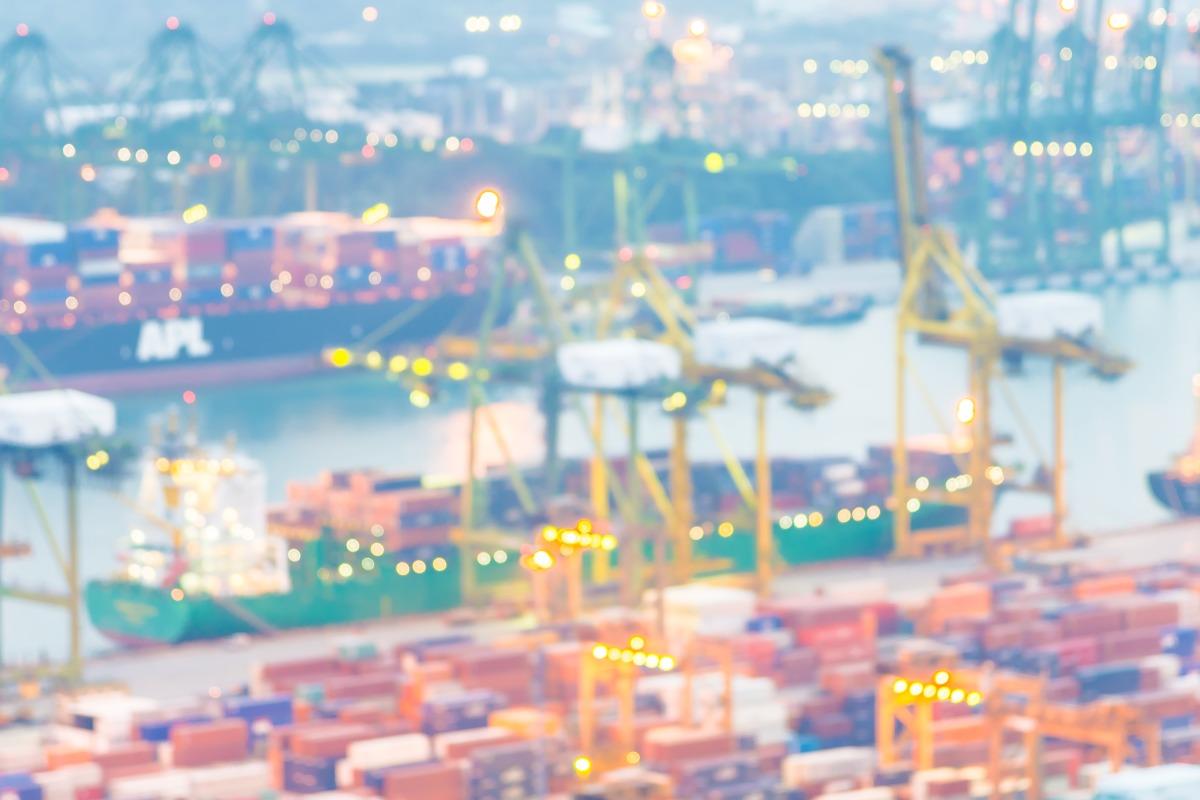
Kazakhstan Rising As Economic Power Cargo Handling Goes Up
Astana: Kazakhstan registered significant increase in cargo handling in 2023, which shows rising trade and economic power of the central Asian country. It handled a total of 980.7 million tonnes of cargo in 2023, a 4.4% increase from 2022.
The rail transport accounted for 416.4 million tonnes, an increase of over 2.8 percent; road transport 287.1 million tonnes, a rise of over 10.6%; pipelines consisted of 275 million tonnes, an increase of over 0.8%; sea and coastal transport 1.3 million tonnes, an increase of over 11%; and inland water transport consisted of 762,200 tonnes, a rise of over 9.5%. However, 2023 saw a slight decline in air transport cargo as it handled 23,800 tonnes, a decrease of 2.8%.
Kazakhstan is situated at a strategic in terms of trade as 13 international transport corridors cross the country, including five railroad and eight road corridors.
In 2023, transit traffic volume reached 32 million tonnes and there is a plan to increase it to 35 million tonnes by 2029 Middle Corridor (TITR) has a throughput capacity of 6 million tonnes, including 100,000 TEU, over a length of 6,180 km.
In 2023, 2.76 million tonnes of cargo were transported along the TITR route, a 65% increase from 2022, representing a rise of 1.7 million tonnes, and three times the volume in 2021 (840,000 tonnes).
Foreign partners are interested in further developing this route and aim to connect Europe and Central Asia. The EU committed to investing €10bn to boost interconnectivity in Central Asia at the Global Gateway Investment Forum, held in Brussels in January this year.
Besides, the European Investment Bank and EBRD signed memorandums of understanding (MoUs) totalling €1.47bn with the governments of Kazakhstan, Kyrgyzstan, and Uzbekistan as well as with the Development Bank of Kazakhstan.
Furthermore, Kazakhstan Temir Zholy railway company, Georgian Railway and Azerbaijan Railways inked an agreement to create a joint venture to develop multimodal service on the TITR in 2023 to provide services on a one-stop-shop basis on the China–Europe/Türkiye–China route.
Kazakhstan is the largest country in Central Asia, bordering Russia, China, Kyrgyzstan, Uzbekistan and Turkmenistan as well as the Caspian Sea. It is the ninth largest country in the world, equivalent in size to Western Europe (2,724,900 km2). It is also the world's largest landlocked country.
Kazakhstan's economy is large due to the country's vast natural resources, including an abundance of natural minerals, hydrocarbons and rare earth metals, and huge foreign investment in these industries.
At the start of 2024, oil production averaged 1.6 million barrels per day (bpd), an increase of 15,000 bpd, while production of liquefied natural gas and condensate was 0.4 million bpd, a decrease of 10,000 bpd. The oil production target for 2024 is set at 90.3 million tonnes. Kazakhstan's estimated oil reserves stand at 78 billion tonnes.
In 2023, Kazakhstan's foreign trade volume amounted to $139.8bn (exports of $78.7bn and imports of $61.1bn), marking a 3.2% increase year-on-year.

Legal Disclaimer:
MENAFN provides the
information “as is” without warranty of any kind. We do not accept
any responsibility or liability for the accuracy, content, images,
videos, licenses, completeness, legality, or reliability of the information
contained in this article. If you have any complaints or copyright
issues related to this article, kindly contact the provider above.


















Comments
No comment